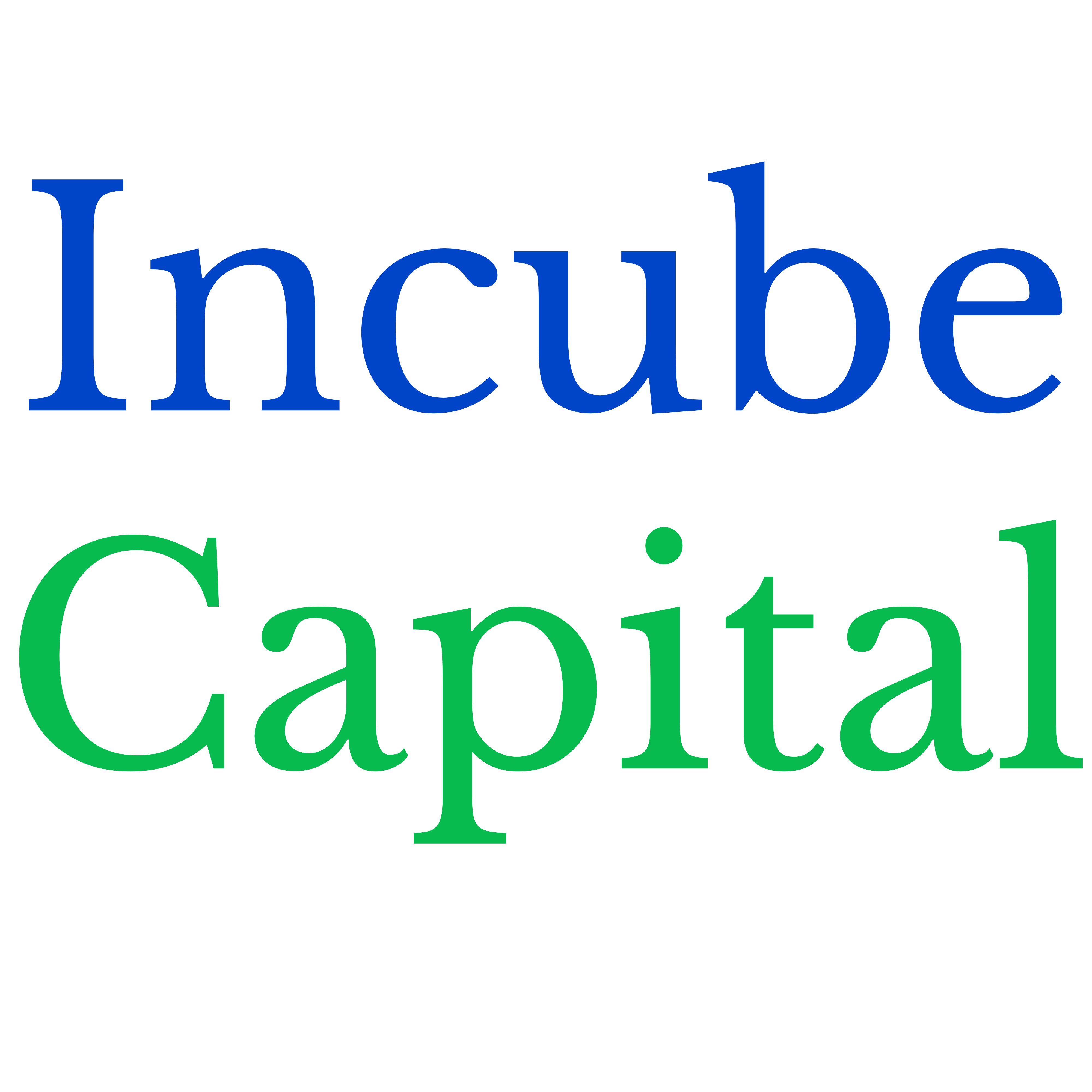- Home
- Know Us
- Our Services
- Products
- Non Life Insurance
- Loans


Latest articles on Life Insurance, Non-life Insurance, Mutual Funds, Bonds, Small Saving Schemes and Personal Finance to help you make well-informed money decisions.
Mutual funds are money-managing institutions set up to professionally invest the money pooled in from the public. These schemes are managed by Asset Management Companies (AMC), which are sponsored by different financial institutions or companies.
Mutual Fund is an ideal investment vehicle where a number of investors come together to pool their money with common investment goal. Each Mutual Fund with different type of schemes is managed by respective Asset Management Company (AMC). An investor can invest his money in one or more schemes of Mutual Fund according to his choice and becomes the unit holder of the scheme. The invested money in a particular scheme of a Mutual Fund is then invested by fund manager in different types of suitable stock and securities, bonds and money market instruments. Each Mutual Fund is managed by qualified professional man, who use this money to create a portfolio which includes stock and shares, bonds, gilt, money-market instruments or combination of all. Thus Mutual Fund will diversify your portfolio over a variety of investment vehicles. Mutual Fund offers an investor to invest even a small amount of money.
Mutual Funds schemes are managed by respective Asset Management Companies sponsored by financial institutions, banks, private companies or international firms. The biggest Indian AMC is UTI while Alliance, Franklin Templeton etc are international AMC's.
Mutual Funds offers several benefits to an investor such as potential return, liquidity, transparency, income growth, good post tax return and reasonable safety. There are number of options available for an investor offered by a mutual fund.
Before investing in a Mutual Fund an investor must identify his needs and preferences. While selecting a Mutual Fund's schemes he should consider the effect of inflation rate, diversification of investment, the time period of investment and the risk factors.
There are various type of risk factors as:* Market Risk
*Credit Risk
*Interest Rate Risk
*Inflation Risk
*Political Environment
CRISIL's composite performance ranking (CPR) measures the performance for each of the open-ended scheme of Mutual Fund. There are four parameters considered to measure the performance of a mutual fund such as Risk-adjusted returns of the scheme's NAV, Diversification of Portfolio, Liquidity and Asset Size.
Types Of Mutual Funds In IndiaWide variety of Mutual Fund Schemes exist to cater to the needs such as financial position, risk tolerance and return expectations etc. Below gives an overview into the existing types of schemes in the Industry.
An open-end fund is one that is available for subscription all through the year. These do not have a fixed maturity. Investors can conveniently buy and sell units at Net Asset Value (''NAV'') related prices. The key feature of open-end schemes is liquidity.
Closed-end FundsA closed-end fund has a stipulated maturity period which generally ranging from 3 to 15 years. The fund is open for subscription only during a specified period. Investors can invest in the scheme at the time of the initial public issue and thereafter they can buy or sell the units of the scheme on the stock exchanges where they are listed. In order to provide an exit route to the investors, some close-ended funds give an option of selling back the units to the Mutual Fund through periodic repurchase at NAV related prices. SEBI Regulations stipulate that at least one of the two exit routes is provided to the investor.
Interval FundsInterval funds combine the features of open-ended and close-ended schemes. They are open for sale or redemption during pre-determined intervals at NAV related prices.
Mutual Fund Scheme By Investment Objective Growth FundsThe aim of growth funds is to provide capital appreciation over the medium to long term. Such schemes normally invest a majority of their corpus in equities. It has been proved that returns from stocks, have outperformed most other kind of investments held over the long term. Growth schemes are ideal for investors having a long term outlook seeking growth over a period of time.
Income FundsThe aim of income funds is to provide regular and steady income to investors. Such schemes generally invest in fixed income securities such as bonds, corporate debentures and Government securities. Income Funds are ideal for capital stability and regular income.
Balanced FundsThe aim of balanced funds is to provide both growth and regular income. Such schemes periodically distribute a part of their earning and invest both in equities and fixed income securities in the proportion indicated in their offer documents. In a rising stock market, the NAV of these schemes may not normally keep pace, or fall equally when the market falls. These are ideal for investors looking for a combination of income and moderate growth.
Money Market FundsThe aim of money market funds is to provide easy liquidity, preservation of capital and moderate income. These schemes generally invest in safer short-term instruments such as treasury bills, certificates of deposit, commercial paper and inter-bank call money. Returns on these schemes may fluctuate depending upon the interest rates prevailing in the market. These are ideal for Corporate and individual investors as a means to park their surplus funds for short periods.

Copyright © 2024 Design and developed by Fintso. All Rights Reserved